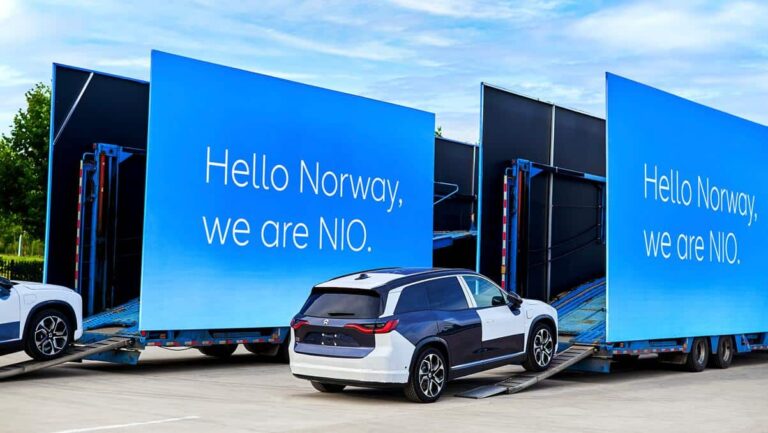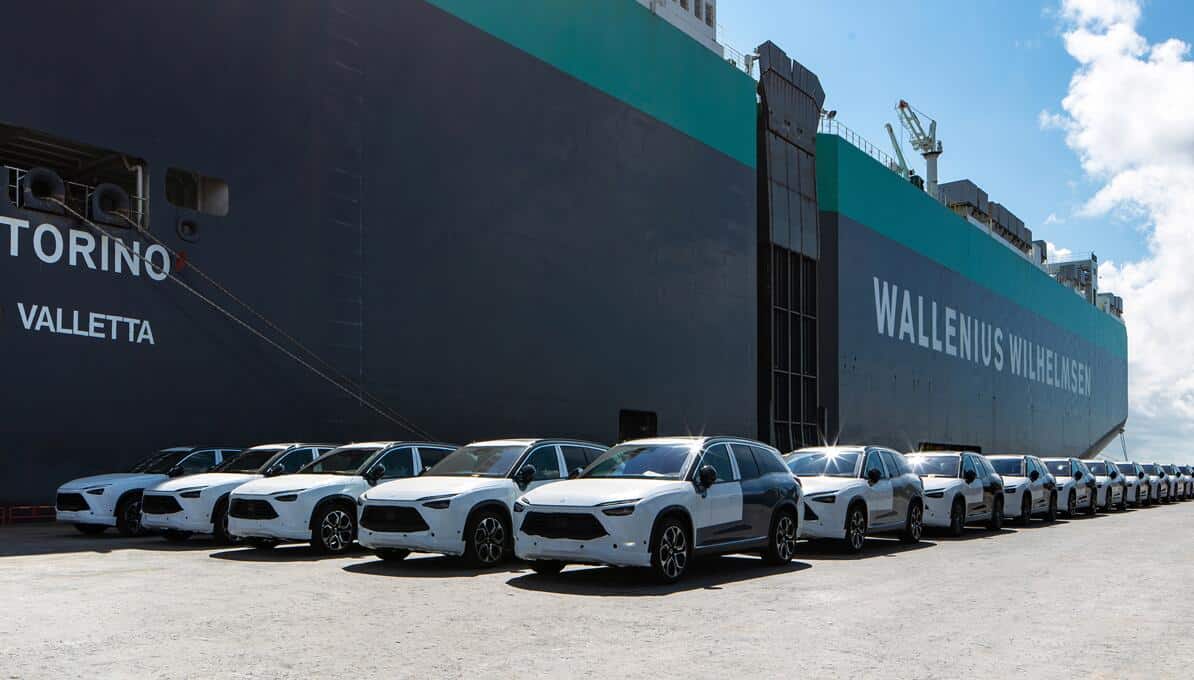China's Ministry of Commerce has recommended that local new energy vehicle (NEV) companies increase their exports, marketing, and promotion to Russia to expand their market share in a report released on Aug. 3.
This report on the development of new energy vehicles in Russia showed that the market for electric vehicles in Russia is limited in size due to the cold climate. As of 2020, the number of electric vehicles in Russia was about 6,300, with a penetration rate of only 0.01 percent.
The report said Russia's electric vehicle infrastructure is still in its infancy, with Moscow only planning to quintuple the number of charging piles in the city to 600 by 2023.
Russian companies have also launched electric vehicles, including St. Petersburg Polytechnic University's electric SUV and compact electric vehicle platform Zetta.
Russia's natural gas vehicle market has small holdings and is growing faster, with capacity concentrated in heavy-duty vehicles, the report said.
According to government plans, Russia will increase refueling stations to 1,273 and annual production of natural gas vehicles to 7,960 units by 2024, the report said.
The Russian government is allocating 65 billion rubles (about $1 billion) annually to develop self-driving, hybrid and electric technologies. In May 2020, the Eurasian Economic Union announced zero import tariffs on purely electric vehicles, with an implementation period until the end of 2021.
The report showed that the Russian government is granting flat-rate subsidies for natural gas vehicles and subsidies for purchase loans of up to 25% for electric vehicles.
In addition, the Russian government and Gazprom will cover 60 percent and 30 percent of the cost of retrofitting light cars, respectively, and the buyer only needs to cover 10 percent.
" Chinese companies could consider taking advantage of the growth opportunities in the Russian market and increase exports and marketing and promotion of new energy vehicles to the country to expand their market share," the report said.
Chinese companies can explore cooperation with Russia on new energy vehicle infrastructure, including charging facility construction, pipe network optimization, scheduling transmission and distribution optimization, and smart services to share new opportunities in the new energy vehicle market, the report said.
(Nio ES8s waiting to be shipped to Norway in Shanghai. File photo from Nio)

